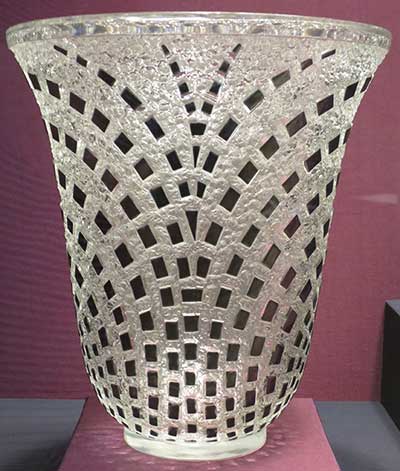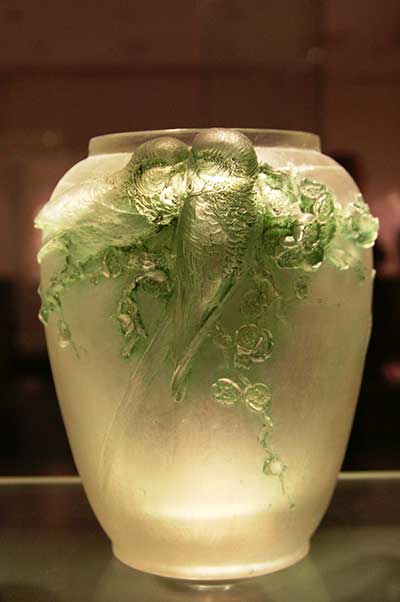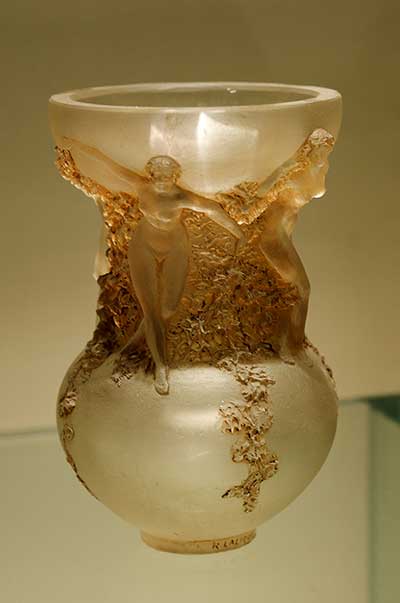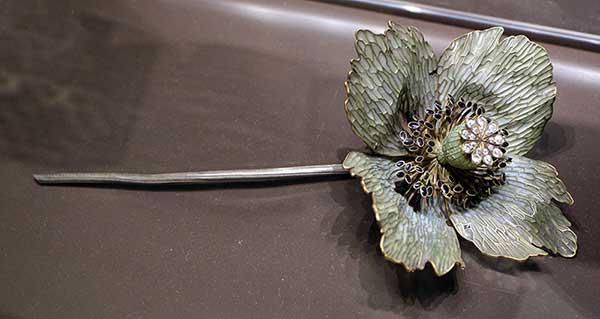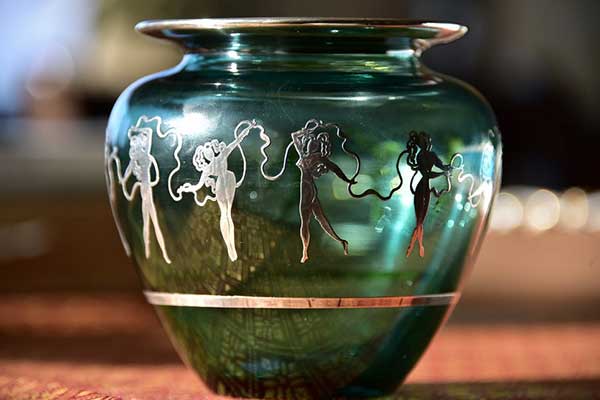
René Lalique’s Glass Vases
Today I am talking about René Lalique’s Glass Vases. Lalique entertained himself in his childhood with flora and fauna. Later in his work, he sought inspiration from natural forms and undulating, sinuous curves of flowers, trees, birds, and insects. Methodological feminine features were the source of his inventiveness. These features compassed his artistic creativity with hybrid female creatures, nymphs, mermaids and fairies. Primarily Lalique was known for his glass vases, sculptures and bowls.
René Lalique was first an apprentice to jeweller Louis Aucoc, a famous and leading Parisian goldsmith. In his second career, he worked as a freelance designer by Cartier and Boucheron, the French multi-industry companies, before starting with his own business. Lalique set up his company on Rue du Quatre-Septembre, Paris in 1887. He borrowed motifs from Japanese artwork and wood prints, abandoned lavish style, used semi-precious stone in jewellery, and introduced glass as a new medium in applied art.
The glass industry experienced a golden period at Wingen-sur-Moder, a commune in north-eastern France with a long glassmaking tradition. In the eighteenth century, numerous glassblowers from the region established their shop in Wingen. Lalique chose this place to launch his business, moved to the city in 1922. There he opened Alsace Glassworks and extended his glass industry in the district. Considering the presence of skilled labour glassworkers in such traditional glassmaking areas, he hired many professional engravers, cutters, glassblowers as skilled workforce. Lalique could increase the number of his employees to 300 before the second world war.
Text: Lalerou
© Copyright. All Rights Reserved
In the following links and images, you shall read more about the vase design of René Lalique:
- Category: Styles of Antique and Vintage Vases
View the related posts:
Visit also our today's Featured Museum: The Birmingham Museums
Birmingham Museums
Outstanding Collections & Venues
Take a look
Collection
Get closer to the Rijksmuseum Collection
Take a look
Blog
Read More
Take a look
All Events
What's On
Take a look
Vintage
